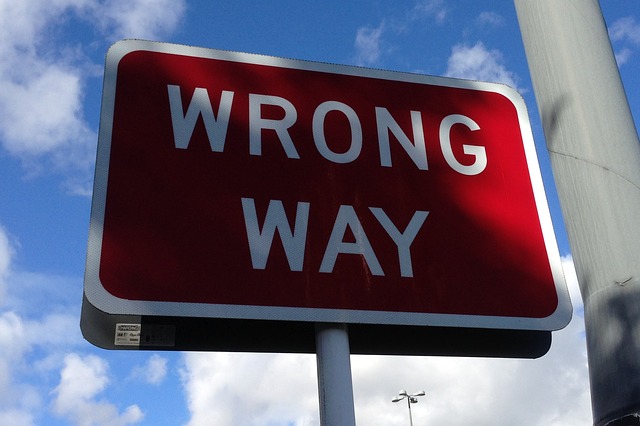Sorry people of Ontario, but I feel that the Financial Services Commission of Ontario (FSCO) is an embarrassment. In short, FSCO is a FIASCO.
FIASCO is responsible for regulating and governing our provincial auto insurance product. And what a mess it is. If you read up on articles about auto insurance, benefits and changes, the comments are hilarious. Ontarians seem to have a strong dislike for both FIASCO and Insurance Companies.
Working in this field since 2000, I have witnessed many changes. Some good, most bad. I have studied this product and written academic papers on the evolution of this since the SABS was introduced in 1996. Well, more bad news.
Let me describe it this way: we are all required to purchase car insurance – it is “mandatory” if we want to drive legally. Insurance companies are “for profit” and compete with each other to sell this product. The cheap insurance is typically run by crappy companies that have a culture of “deny first” and these will generally treat you poorly at the time of claim. Like a family member of mine that was ignored by one such company for 2 years after a serious accident to finally receive a cheque to “go away”, you will get what you pay for.
So here is what is happening now. In 2010 your benefits, or the product you were paying for at the time of renewal was reduced by 97% for “minor injuries” and by 50% for “severe injuries”. I wrote about this previously and used the analogy that if you were buying a computer (as a comparison) instead of getting the entire computer, you would now just get the monitor for the same price. Well recently they came out with the next round of executions. They are suggesting that the benefits for catastrophic injury (the most severely injured that suffer long term and devastating losses) will also be cut in half. The seriously injured again get hit with another 15% reduction (a total of 65% in 5 years). No change to minor injury because the only way to honestly reduce that further would be to axe it altogether. Here is the direct link to the information about what is happening: http://www.fin.gov.on.ca/en/budget/ontariobudgets/2015/ch1f.html#ch1f_18
But to drive this home I tried to think of another analogy. I think it would be like you getting and paying your property tax bill (at its usual rates) to then go and pave your driveway to be told “sorry you don’t own that part of your property anymore – we cut that from your property line last year”. Or, as taxpayers who pay into OHIP one day we go to the hospital in an emergency and are told “sorry, OHIP doesn’t cover emergencies anymore”. If the stories were comparable, the government would have told you about these changes in some “fine print” but perhaps you would not have noticed. In fact, they hope you don’t. After all, if you truly understood what they were doing before they did it, you would join the fight to make a change.
So what can we do? My peers, colleagues and clients are going to the MPP’s. They hope that our elected officials can talk some sense into FIASCO. However, we have done that before with little resolve. Sorry government officials, you repeatedly let the people of Ontario down when you don’t help us fight for our basic rights on a mandatory product. As FIASCO says these changes are for “consumer protection” then we can assume that the result will be drastic reductions to our premiums, right? If you are cutting my coverage by 97% and 65% I expect an equal reduction in my premiums. My usual $1000 bill for car insurance on my Caravan will now be $30.00, right? I am sure my refund is in the mail.
Please join us in the fight against changes to this product by contacting your local elected MPP. You can find your local MPP here:
http://www.ontla.on.ca/web/members/members_current.do?locale=en&ord=Riding&dir=ASC&list_type=all_mpps




